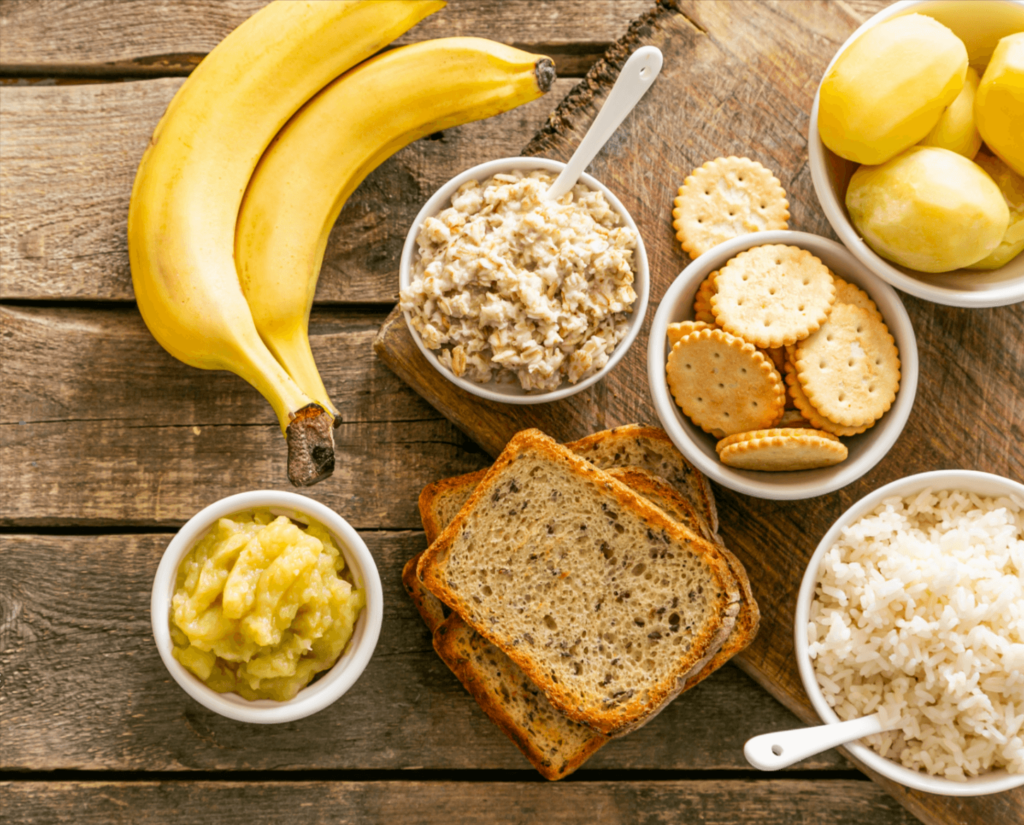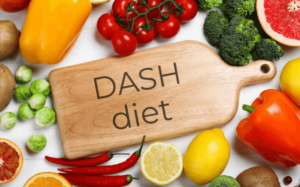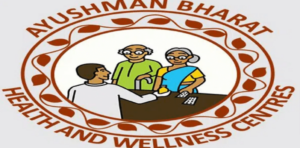What to know about the BRAT diet

Brat Diet
BRAT diet: Eating bananas, rice, applesauce, toast (BRAT) can help treat diarrhea, stomach flu, and other gastrointestinal issues. However, many health professionals no longer recommend it as a medicine because of the dangers of nutrient and energy deficiencies.
The foods on the BRAT diet are low in protein, fat, and fiber and are easy for most people to digest.
What is a BRAT diet?
The word “BRAT” is short for foods that include:
- Banana
- Rice
- The apple
- Toast
The theory behind the BRAT diet is that people can reduce the symptoms of irritable bowel syndrome simply by eating bland, easy-to-digest foods.These symptoms include nausea, diarrhea and vomiting.
Supporters also believe that these foods will speed recovery from gastrointestinal ailments.
However, doctors do not prescribe this diet because it has low nutritional value and does not support a quick or complete recovery.
How to do it?
Some believe that following the BRAT diet can have significant benefits for those with stomach upset and cancer.The obvious benefits are:
- Older stools. Foods in your diet that are high in starch and low in fiber can make dehydrated discs stick together more.
- Easy on the stomach. These foods are low in fat and protein, so they won’t irritate your stomach or stress your digestive system.
- Reduces nausea. BRAT foods are mild in taste and do not have strong odors, so they do not cause nausea or vomiting.
- However, these foods do not contain the nutrients to support long-term nutrition.
Is it useful?
Although people have been recommending the BRAT diet for decades, no recent clinical trials have examined whether the BRAT diet is effective in treating diarrhea or gastrointestinal problems.
Although the diet may relieve some people’s symptoms, doctors do not recommend following this diet.Another good diet plan can improve recovery and reduce symptoms.
However, some researchers have investigated the potential of bananas and rice to treat diarrhea.
Bananas contain pectin, a starch that is beneficial for the colon. A 2019 systematic review in Conservation Sources shows that several studies show that green plantain pulp can reduce diarrhea and constipation in children.
A 2016 study by Trustworthy Source showed that rice in soup can treat diarrhea in children when taken with a prescribed mouthwash. However, the effect of individual foods on diarrhea reflects exactly how your body will react to eating foods containing only those foods. Certain nutritional deficiencies can make diarrhea worse.
Is it safe to eat BRAT?
While following the BRAT diet for a short period of time may not be harmful, long-term consumption should be avoided.
Long-term use of the BRAT diet can lead to malnutrition and lack of energy because it contains few calories and not enough of the following nutrients:
- protein
- government
- fiber
- Vitamin A
- Vitamin B-12
- calcium
Due to its poor quality, the American Academy of Pediatrics does not recommend the use of the BRAT diet for children with diabetes.
However, if the child has these foods, the child will continue to eat these foods and other foods.
Other foods you can eat
People who want to follow the BRAT diet for a short period of time can add other refined foods to their diet.Other simple foods include:
- pretzels
- clear soup
- Potatoes without butter, cream or cheese
- sweet potato
- Steamed, grilled or grilled lean skinless chicken
- oat flour
- watermelon
Fluids
Diarrhea can cause dehydration, so it’s important to drink plenty of fluids. People with cancer can drink different types of water, such as:
- water
- clear soup
- apple juice
- Herbal teas, especially ginger and peppermint
- coconut water
Oral Rehydration Product
People can buy oral contraceptive products without a prescription. They come in liquid, popsicle or powder form that can be mixed with water.
Oral rehydration can help treat diarrhea in adults and children with mild diarrhea. People should follow the instructions on the package. It is best to avoid drinks with added sugar as they can make some people’s symptoms worse.
Bacteria and nutrients contribute to constipation
Certain beneficial bacteria called probiotics can shorten the duration of diarrhea. Bacteria that can treat diarrhea include:
- Lactobacillus reuteri
- Lactobacillus GG
- Saccharomyces boulardii
A 2014 study by Conservation Sources found that treatment with Saccharomyces boulardii is safe and effective in children with diarrhea. However, the study authors said more research is needed to determine the correct dosage.
Real yogurt is a great source of beneficial bacteria. Other important nutrients in probiotics include:
- kefir
- fermented vegetables
- sauerkraut
- Miso soup
- Kombucha
Foods to Avoid
Although maintaining a normal diet can help when symptoms of gastrointestinal upset or diarrhea occur, certain foods can make nausea, vomiting, and diarrhea worse.
These are:
- dairy products. Milk, cream, cheese and ice cream are difficult to digest during an illness. However, cow’s milk and kefir are exceptions because they contain carbohydrates that aid digestion.
- sugar Foods high in sugar, such as cakes, biscuits, soft drinks, sweets and chocolate, can make symptoms worse.Fried and high-fat foods. Fatty foods are difficult to digest and cause more diarrhea.
- alcohol Alcohol is a diuretic and can cause dehydration. It also irritates the stomach.caffeine Coffee, cola drinks, and black tea contain caffeine, which can act as a mild diuretic.
- spicy food These foods can irritate a sensitive stomach.
- sweetsArtificial sweeteners, including sorbitol and sucralose, can cause diarrhea in some people.
- Some vegetables and beans. Some vegetables, such as broccoli, cauliflower and cabbage, can cause gas and bloating. The military can also affect some people. Although this is not a cause for concern, people with irritable bowel syndrome may want to avoid these foods until they heal.Lean proteins such as steak, pork and salmon. Protein is difficult to digest and puts more stress on the stomach, especially if the food is high in fat.
When to see a doctor
If you have cancer, you should talk to your doctor.
- More than 2 days
- Occurs at temperatures above 102°F
- Frequent, frequent or severe
- It is accompanied by the pain of flu or blood.
Also, seek treatment for symptoms of dehydration, such as:
- decreased urine production
- dry mouth
- headquarters
- Fatigue, fatigue or weakness
Parents or caregivers should take their children to the doctor if they have vomiting or diarrhea for more than 24 hours, without tears, sunken cheeks, or any of the above symptoms.











